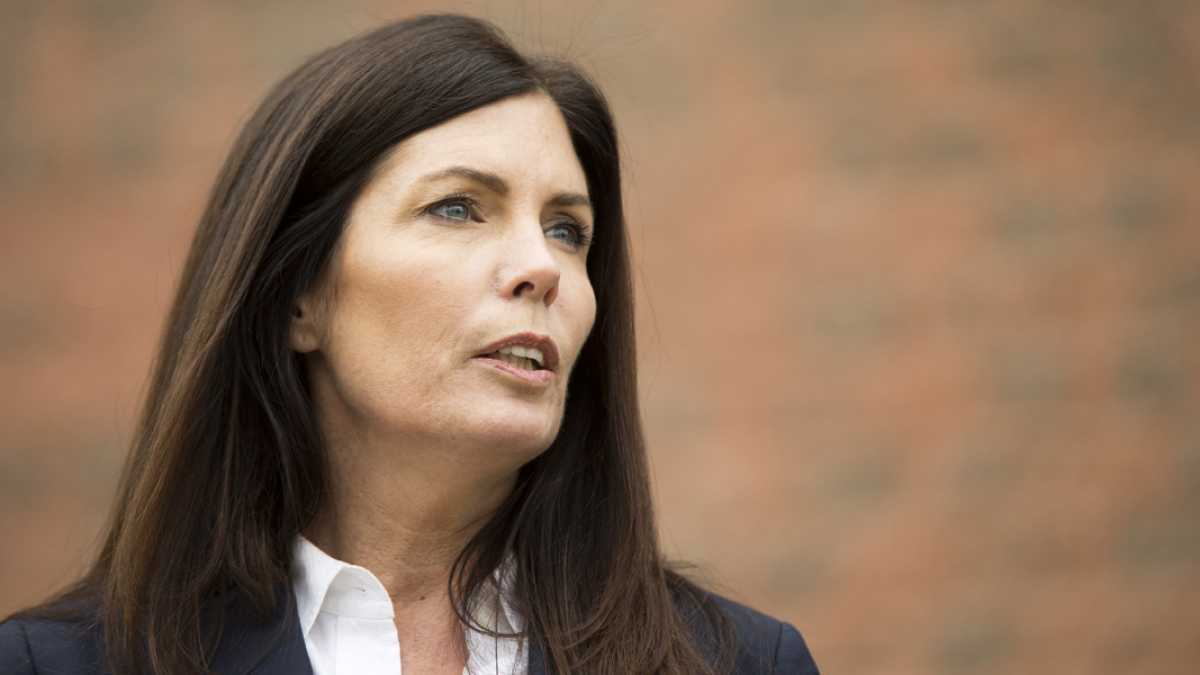Pa. court to hear case over porn emails

Pennsylvania Attorney General Kathleen Kane's office discovered the emails and shared some of them with the press last year. But the office is fighting the full release of emails, saying they aren't public records. (AP file photo)
The case of the half-hidden pornographic emails exchanged by Office of Attorney General employees lands in Pennsylvania court on Wednesday.
The Philadelphia Inquirer is asking a panel of Commonwealth Court judges to allow the release of all the emails under the state’s Right-to-Know law.
Attorney General Kathleen Kane’s office discovered the emails and shared some of them with the press last year. But the office is fighting the full release of emails, saying they aren’t public records.
Lawyers for the OAG said in written briefs that the requested emails “were unrelated to the employees’ employment with the agency,” and didn’t document the business or activity of the office.
“Is there, under the Right-to-Know law, an exception for private communications … that is actually what is at stake here,” said Chuck Ardo, Kane’s office spokesman. “And it extends to every state employee who may use a computer for a personal message.”
But the Inquirer’s lawyers say the OAG is trying to dodge the state’s transparency law. “An agency cannot hide from accountability because employees behave in embarrassing or inappropriate ways,” lawyers said in one written brief.
The OAG has also argued that the e-mails are exempted from the state’s open records law, since they relate to “noncriminal investigations.” The emails were discovered during Kane’s review of the prosecution of convicted pedophile Jerry Sandusky.
The Inquirer has argued that the emails were not created during an investigation, and so the exemption does not apply.
“Revealing the emails themselves,” said the Inquirer’s lawyers in a submitted brief, “would not reveal the progress or result of an investigation.”
WHYY is your source for fact-based, in-depth journalism and information. As a nonprofit organization, we rely on financial support from readers like you. Please give today.

